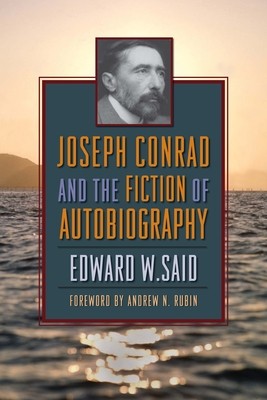
- We will send in 10–14 business days.
- Author: Edward Said
- Publisher: Columbia University Press
- ISBN-10: 0231140053
- ISBN-13: 9780231140058
- Format: 14.3 x 20.7 x 1.3 cm, minkšti viršeliai
- Language: English
- SAVE -10% with code: EXTRA
Reviews
Description
Edward W. Said locates Joseph Conrad's fear of personal disintegration in his constant re-narration of the past. Using the author's personal letters as a guide to understanding his fiction, Said draws an important parallel between Conrad's view of his own life and the manner and form of his stories. The critic also argues that the author, who set his fiction in exotic locations like East Asia and Africa, projects political dimensions in his work that mirror a colonialist preoccupation with "civilizing" native peoples. Said then suggests that this dimension should be considered when reading all of Western literature. First published in 1966, Said's critique of the Western self's struggle with modernity signaled the beginnings of his groundbreaking work, Orientalism, and remains a cornerstone of postcolonial studies today.
EXTRA 10 % discount with code: EXTRA
The promotion ends in 23d.02:09:31
The discount code is valid when purchasing from 10 €. Discounts do not stack.
- Author: Edward Said
- Publisher: Columbia University Press
- ISBN-10: 0231140053
- ISBN-13: 9780231140058
- Format: 14.3 x 20.7 x 1.3 cm, minkšti viršeliai
- Language: English English
Edward W. Said locates Joseph Conrad's fear of personal disintegration in his constant re-narration of the past. Using the author's personal letters as a guide to understanding his fiction, Said draws an important parallel between Conrad's view of his own life and the manner and form of his stories. The critic also argues that the author, who set his fiction in exotic locations like East Asia and Africa, projects political dimensions in his work that mirror a colonialist preoccupation with "civilizing" native peoples. Said then suggests that this dimension should be considered when reading all of Western literature. First published in 1966, Said's critique of the Western self's struggle with modernity signaled the beginnings of his groundbreaking work, Orientalism, and remains a cornerstone of postcolonial studies today.


Reviews